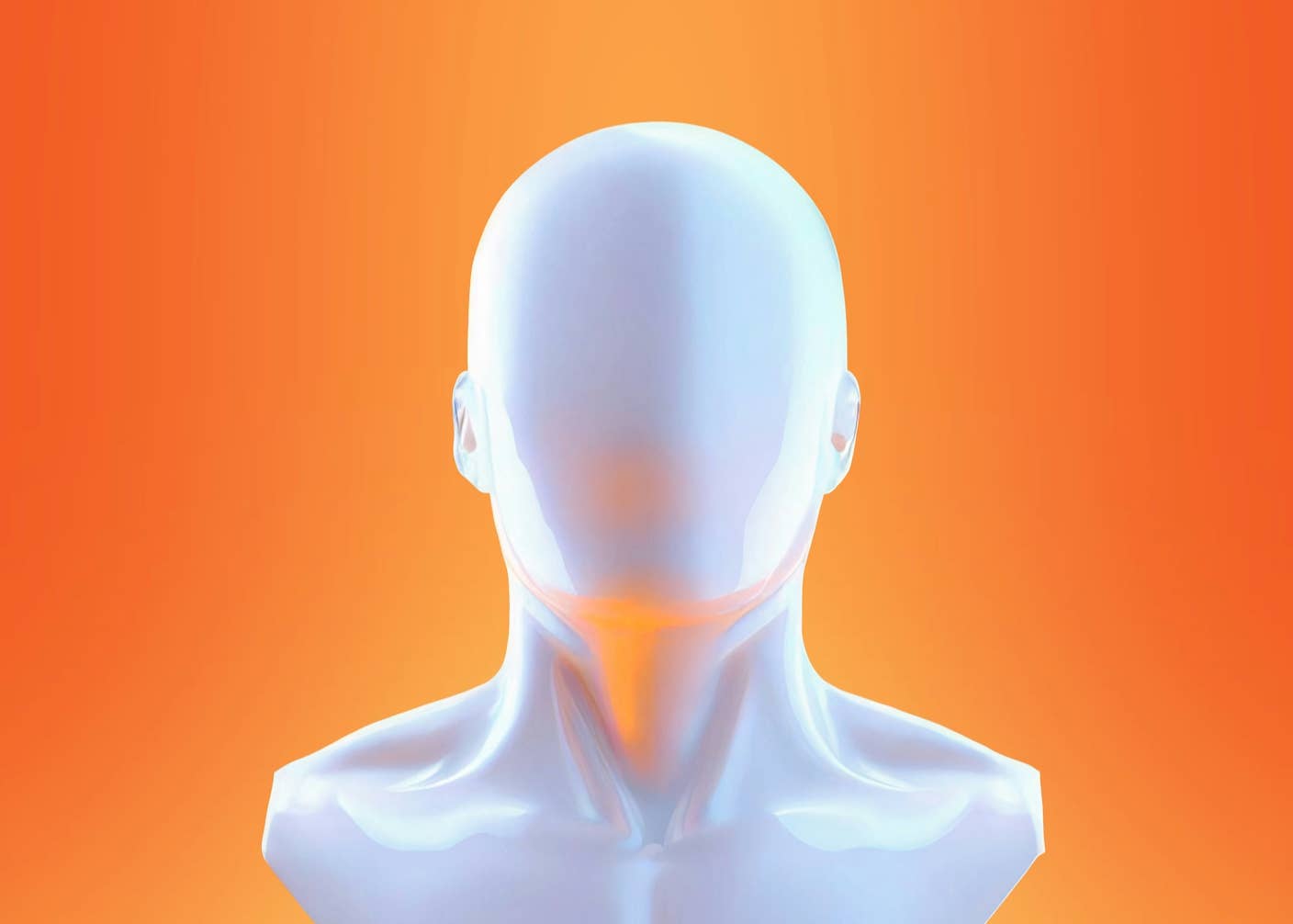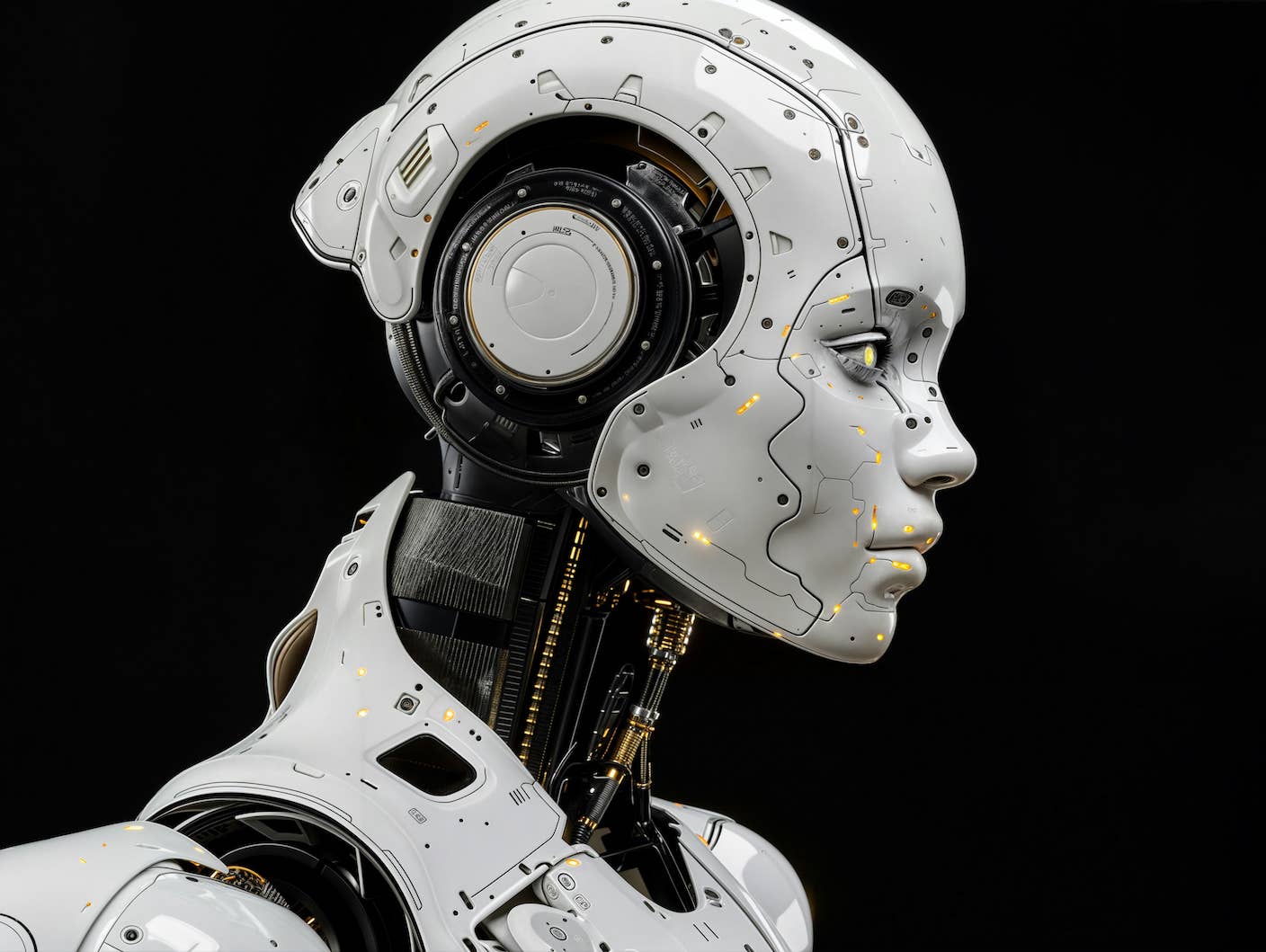Ray Kurzweil Teams Up With Google to Tackle Artificial Intelligence

Share

Ray Kurzweil. Photo Credit.
Think we’ll have artifical intelligence by 2029? Ray Kurzweil does. He is simultaneously idolized and infamous for saying so. And now he will put his ideas to the test. On Friday, Kurzweil announced he’s accepted a position with technology giant Google as Director of Engineering. Like all things exponential, the new relationship is on the fast track—he starts Monday.
Singularity Hub reached out to Kurzweil to learn what he and Google aim to accomplish. He told us, "We hope to combine my fifty years of experience in thinking about thinking with Google scale resources (in everything—engineering, computing, communications, data, users) to create truly useful AI that will make all of us smarter."
It’s not surprising Google is interested in Kurzweil’s services. A few years back, Google cofounder Larry Page told Esquire, “We have some people at Google who are trying to build artificial intelligence, and to do it at a large scale…I don’t think it’s that far off.” In his latest book, How to Create a Mind, Kurzweil says humans can reverse engineer the brain to create artificial intelligence—and similarly says we’ll do it much sooner than anyone thinks. A good match, no?
Be Part of the Future
Sign up to receive top stories about groundbreaking technologies and visionary thinkers from SingularityHub.


Kurzweil specializes in machine learning and language processing and will focus on new projects at Google involving both. Some of those skills may help further hone Google’s learning search algorithm, language translation application, and speech recognition software.
But Google has plenty of talent already well versed in those technologies and the firm is known to invest in more ambitious undertakings. The special projects team, Google X, is working on self-driving cars, augmented-reality glasses, and a slew of projects outside the public’s purview. Kurzweil says he will work on AI, and one imagines that may include an attempt to reverse engineer the brain.
It's a bold objective but not unprecedented. We’ve often written here at Singularity Hub about other similar undertakings. These include Blue Brain Project, IBM SyNAPSE, and Spaun. Fascinating projects, worthy of attention one and all. But imagine what's possible with Google’s formidable resources—dollars and talent—behind one of AI’s best known and most vocal advocates. Might such a collaboration bump the quest for artificial intelligence up a few years? It can’t hurt.
Jason is editorial director at SingularityHub. He researched and wrote about finance and economics before moving on to science and technology. He's curious about pretty much everything, but especially loves learning about and sharing big ideas and advances in artificial intelligence, computing, robotics, biotech, neuroscience, and space.
Related Articles

Scientists Want to Give ChatGPT an Inner Monologue to Improve Its ‘Thinking’

Humanity’s Last Exam Stumps Top AI Models—and That’s a Good Thing

AI Now Beats the Average Human in Tests of Creativity
What we’re reading
